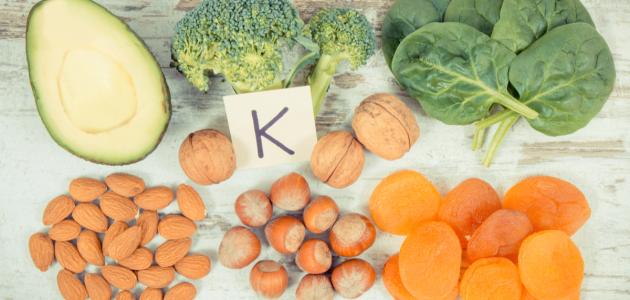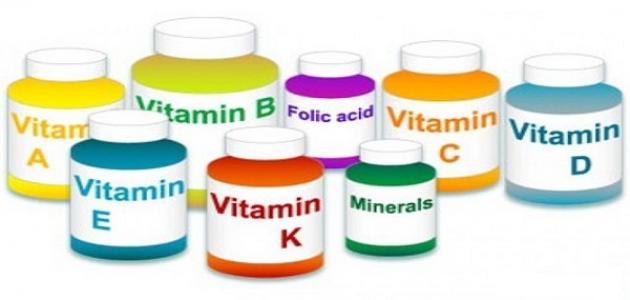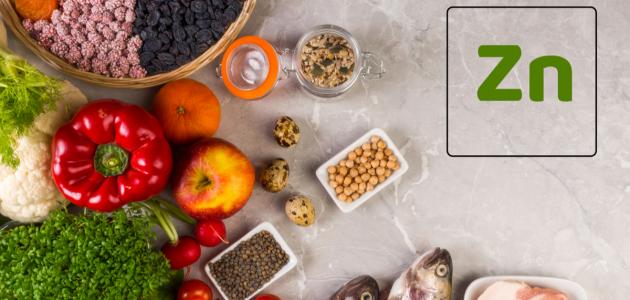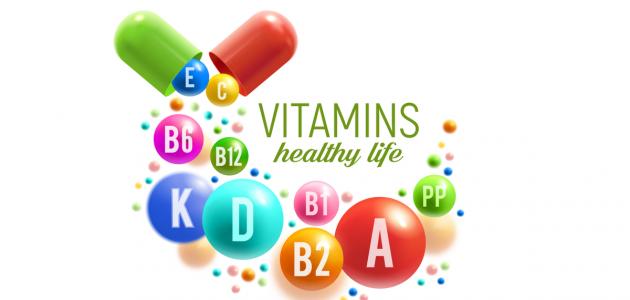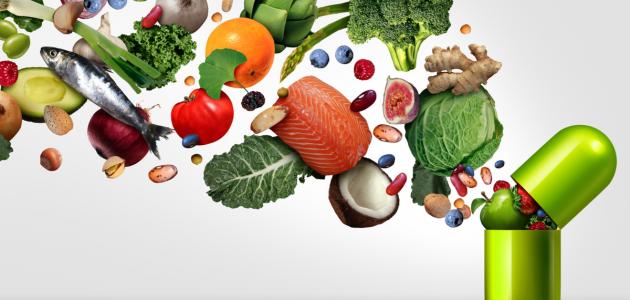Contents
What is Vitamin B.
Vitamins are compounds that differ in their chemical composition, but they are all similar in health and nutritional benefits that they provide to the body, and vitamin B is one of the most important of these vitamins that the body needs, and it is known that vitamins are not produced by the body itself, but needs to eat foods and materials rich in it in addition to nutritional supplements And pharmacokinetics, as the stores of this vitamin in the body are small, with the exception of vitamin B12, which is stored in the liver.
Vitamin B functions
- Regulating vital processes in the body and stimulating energy production.
- Helping enzymes function properly and naturally.
- Regulate the functions of the nervous system.
- Red blood cell production.
- Maintain healthy hair and skin.
- Strengthening the immune system of the body.
Vitamin B groups
Thiamine
It is vitamin B1 and its importance lies in converting glucose into energy, in addition to its importance in the formation of the nervous system, and this vitamin can be obtained from whole grains, legumes, nuts, yeast, red meat, eggs and flour, and the deficiency of this vitamin causes many complications such as: confusion, irritability, weakness of the arm and leg, and lethargy. Sluggishness and muscle weakness, it also affects cardiovascular health, eye muscle paralysis, and mental distortion.
Riboflavin
This vitamin helps to produce energy, improve vision and get healthy skin, and it can be obtained from milk, yogurt, cheese, eggs, leafy vegetables and liver, and a deficiency of this vitamin causes the appearance of red infections on the tongue, red cracks in the mouth, inflammation of the eyelids, hair loss and the appearance of a rash.
Niacin
This vitamin converts carbohydrates and fats into energy and has a role in maintaining the health of the nervous and digestive system and obtaining healthy skin, and this vitamin can be obtained from meat, fish, mushrooms, eggs and nuts, and excessive intake causes redness in the eyes, nausea and liver damage, and its deficiency causes skin infections. And tongue and loss of appetite.
Pantothenic acid
This vitamin has a role in the production of red blood cells and steroid hormones. It can be obtained from milk, meat, liver, eggs, peanuts and legumes. Its deficiency leads to insomnia, fatigue, constipation and stomach upset.
Folic acid
This acid forms red blood cells, in addition to its important role in the formation of the nervous system and the DNA of the fetus. This acid can be obtained from citrus fruits, green leafy vegetables, liver, eggs and poultry, and the deficiency of this acid causes anemia, weight loss and abnormalities to the fetus during pregnancy.
Vitamin B12
This vitamin produces myelin in nerve cells and increases a person's mental abilities and produces red blood cells. Among the important sources of this vitamin are eggs, meat and liver, and its deficiency causes anemia, loss of appetite, fatigue, insomnia, depression, and sometimes paralysis.



